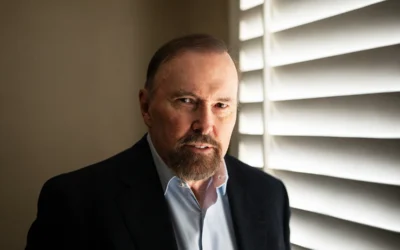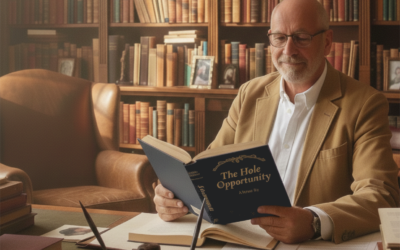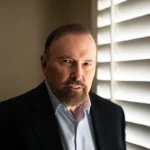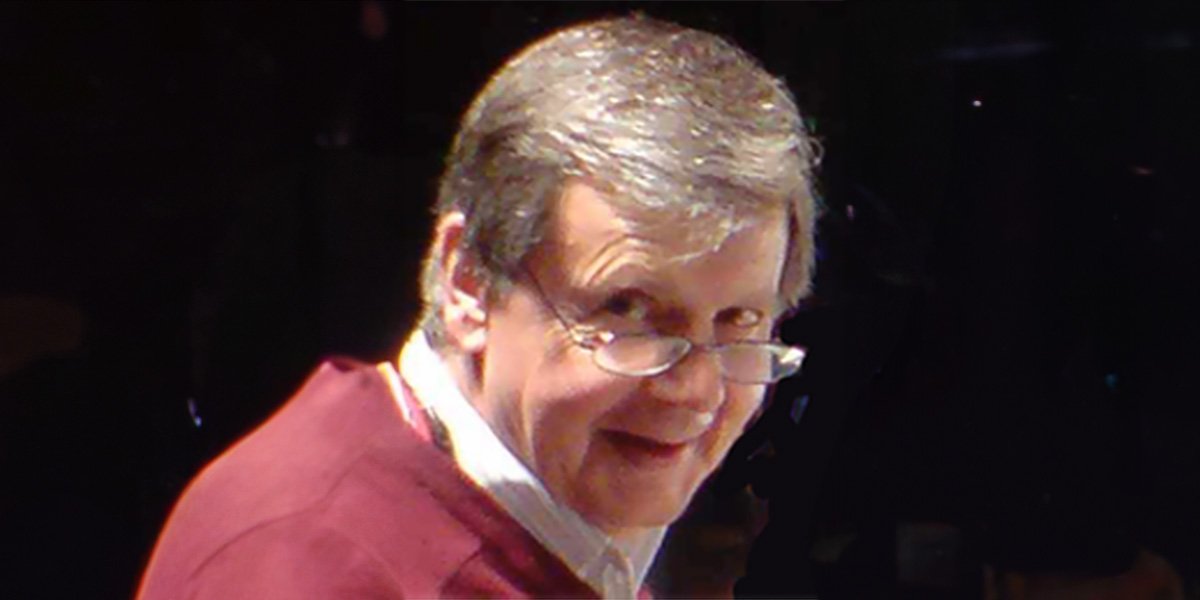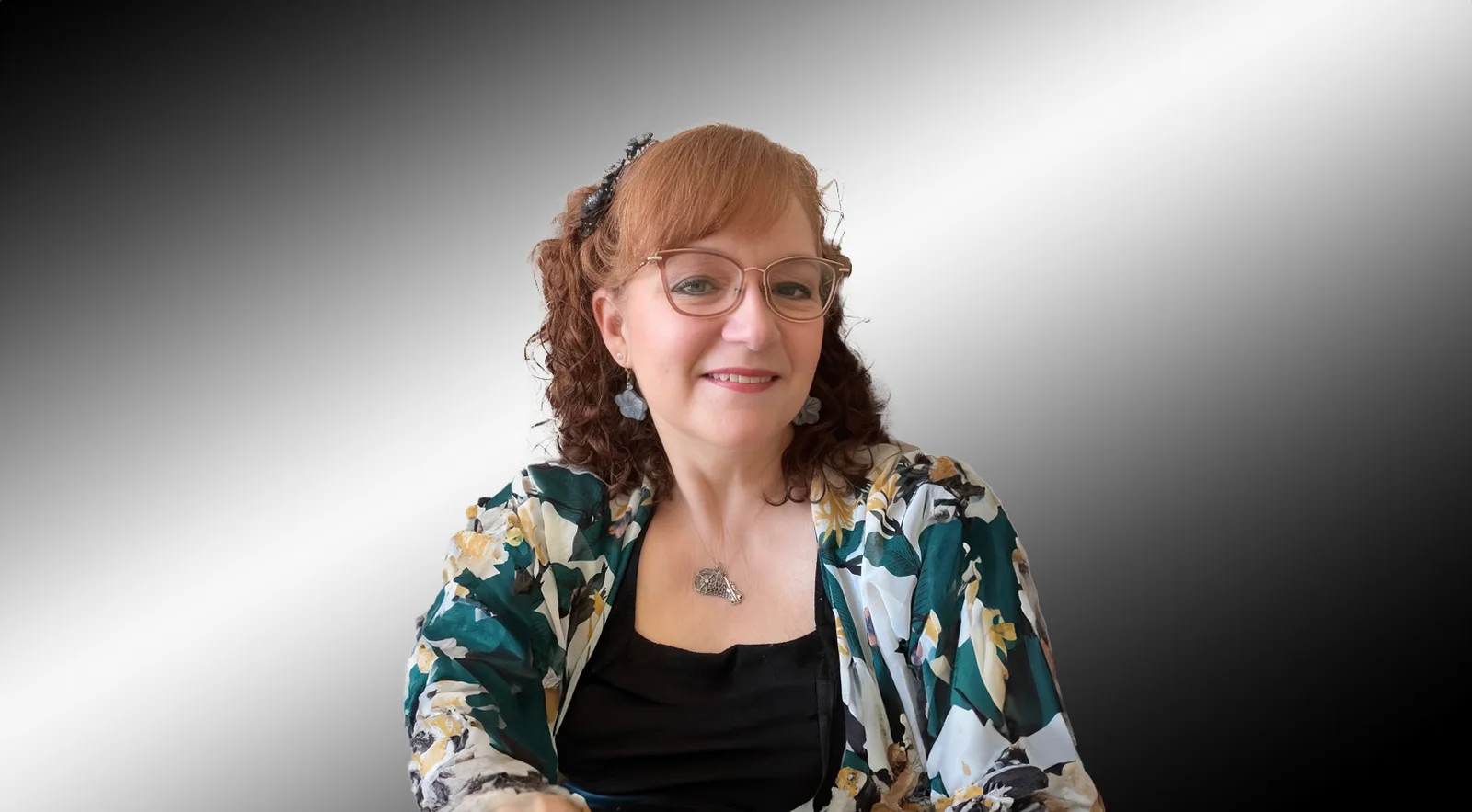Grace Pettis’ music fuses folk, country, and soul to create a voice uniquely her own
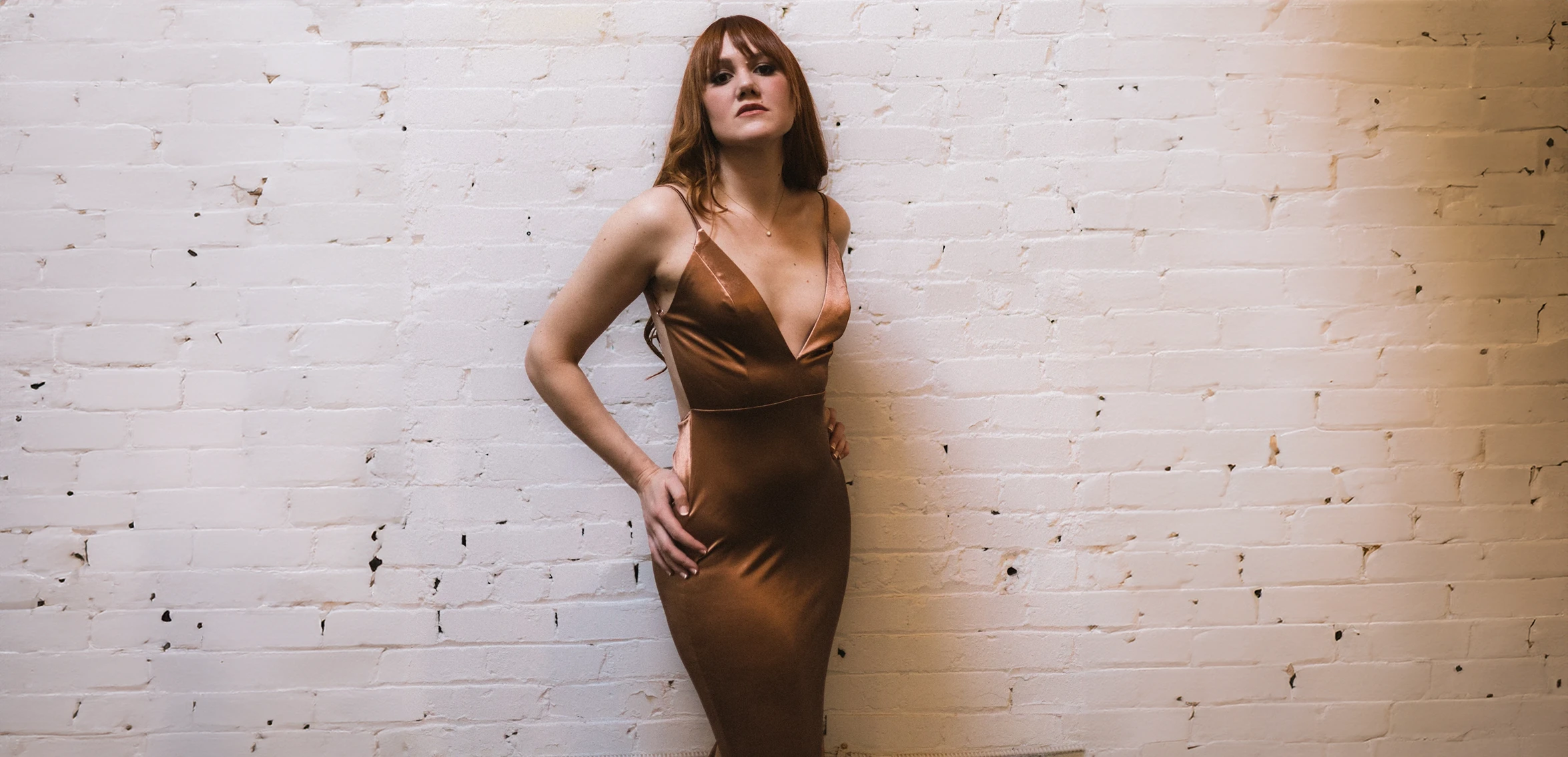
Southern Roots, Boundless Sound
Grace Pettis discusses her genre-blending style, the personal themes behind “Down To The Letter”, and her dedication to female empowerment in music. Her journey highlights resilience, collaboration, and staying true to her voice.
Grace Pettis is a force in contemporary music, blending genres and pushing boundaries with a sound as deeply rooted as it is refreshingly original. Her music brings together the rich, soulful traditions of her Southern upbringing and the eclectic influences of her years in Austin, Texas. Whether through the warmth of folk, the grit of Americana, or the soul-stirring tones of gospel, Pettis’ voice resonates with emotional truth and authenticity. Her critically acclaimed work has already earned her a place in the upper echelons of songwriting, with Grammy-nominated artists like Ruthie Foster covering her songs. Pettis’ ability to convey vulnerability and strength, often within the same breath, makes her music not just a pleasure to listen to but a balm for the heart.
In this interview, we dive into Grace’s artistic journey, exploring the raw, personal themes behind her new album “Down To The Letter” and the challenges of creating in a male-dominated industry. Her dedication to collaboration, especially with women and non-binary musicians, continues to reshape the landscape of modern music, giving voice to those often left on the margins. With thoughtful insights and a candid perspective on the power of storytelling, Grace opens up about what drives her to create, how she connects with audiences, and why she’s determined to expand the space for underrepresented voices in the music industry.
“I was raised in the deep south, in Atlanta and in rural Alabama. And then I spent my formative musical years in Austin, Texas. So my music sounds like it’s been influenced by those three disparate musical scenes.”
Grace, your music blends folk, country/americana, and soul. How do you balance these different genres, and how do they influence your unique sound?
I was raised in the deep south, in Atlanta and in rural Alabama. And then I spent my formative musical years in Austin, Texas. So my music sounds like its been influenced by those three disparate musical scenes. In Atlanta, I listened to R&B, soul, hip-hop, jazz, and gospel. In Alabama, I was surrounded by folk, mountain gospel, country, and bluegrass. In Texas, I got into Texas country, folk, and blues, as well as all the cool indie and pop music being made in Austin. And in all those places, I got 90’s and 2000’s pop/rock from the radio. So now I sound like all those places and the people who raised me.
“Writing songs is a compulsion for me, more than anything else. When I went through my separation and divorce, I wrote 27 songs about it.”
Your upcoming album, Down To The Letter, chronicles deeply personal themes of heartbreak and self-reclamation. How did you approach writing such vulnerable songs, and what do you hope listeners take away from them?
Writing songs is a compulsion for me, more than anything else. When I went through my separation and divorce, I wrote 27 songs about it. It wasn’t really a conscious decision to spend the better part of two years writing about nothing else but it was all consuming in my brain and life. With my therapist’s encouragement, I ended up recording fourteen songs and releasing twelve of them on Down to the Letter. There were also a few previously written songs that made the cut: “When Nobody’s Watching,” and “Joy,” because they just fit with the vibe of the album and helped round out the story.
I hope that listeners going through painful breakups and divorces feel seen when they listen to this album and that it helps them process the experience. In particular, this record is for those of us who love people with addictions. It’s an isolating, confusing, and stigmatized experience. It’s also incredibly common and it helps to feel less alone.
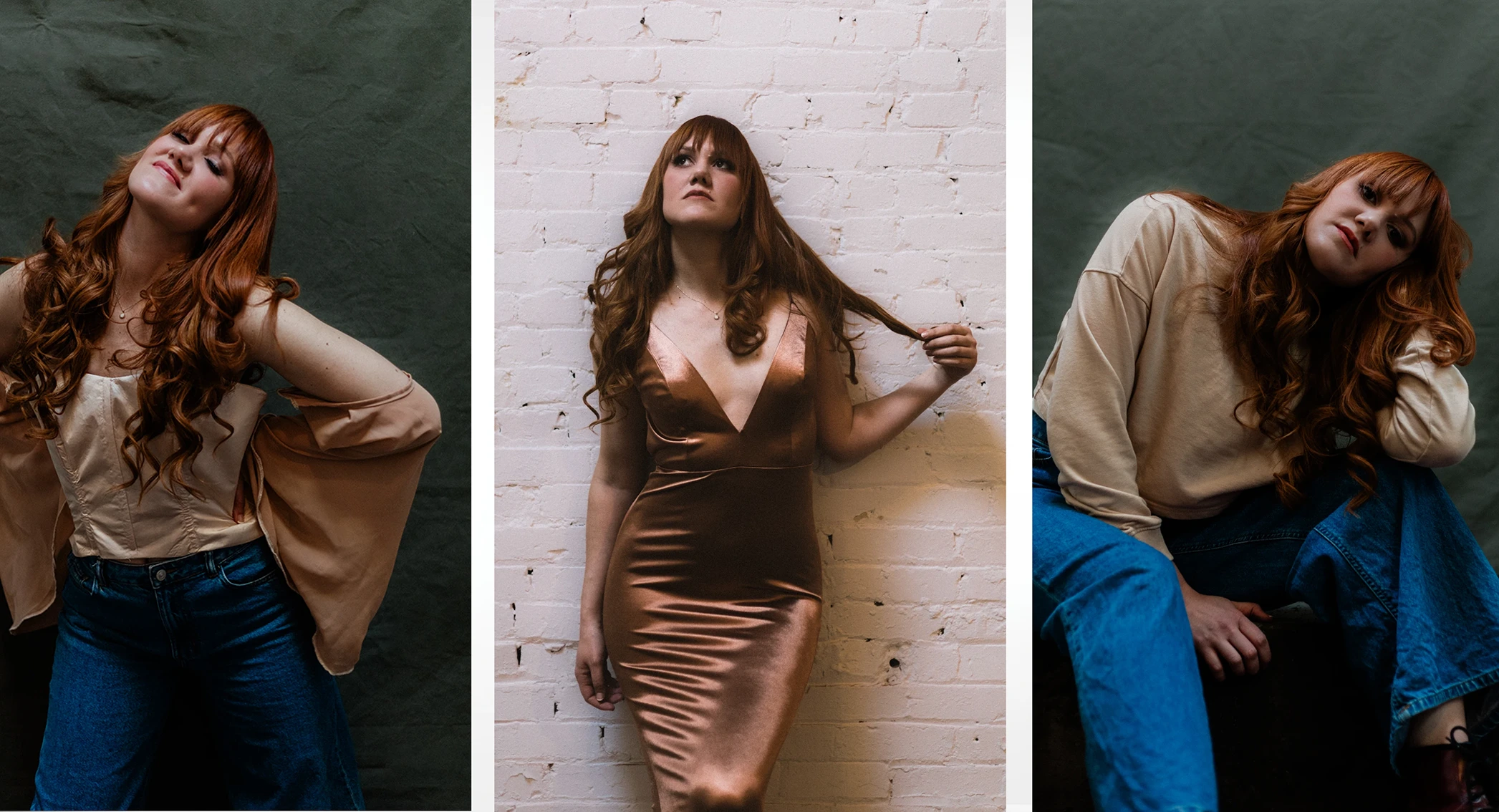
You’ve won prestigious songwriting contests and had your songs recorded by Grammy-nominated artists like Ruthie Foster. How has collaborating with other musicians influenced your own songwriting and creative process?
At some point in my early career, I realized that the most growth and creativity has come for me directly from collaboration and community, rather than competition. As much as I can, I like to hang out with, play with, record with, and write with other musicians and songwriters, especially if they’re better than me or if they do something really different than what I do. It makes me a better writer and artist. I particularly love getting the opportunity to work with and for my heroes and Ruthie tops that list.
Your debut album on MPress Records, Working Woman, featured an all-female/non-binary band and creative team. What motivated this decision, and how did it shape the final sound and message of the album?
Growing up, many of my favorite albums featured entirely male creative credits. There’s not a single womxn creative credited on Tom Petty’s Wildflowers or any Beatles record. I’m not just talking about the singers or the bands. Who wrote the songs? Who was the sound engineer? Who mixed it and mastered it? Who played the bass? Zero women. I can rattle off plenty of 100% dude-created albums and zero 100% womxn-created albums (and I bet you can’t think of any others either).
It’s a well documented fact that women as grossly under-represented in the music industry, as musicians, as engineers and producers, and on the business side of things. For example, only 6.5% of producers credited in 2023 were women, which is actually a significant increase from the last few years, however abysmally low that number still is (I think in 2021, the stats were saying something like 2%).
Women and non-binary folks are at least half of the population in this country. When we’re not writing the songs, on stage performing the music, in the studio recording the albums, or behind the desk signing the artists, the result is a culture of music that doesn’t reflect the human experience in this country. Women and nonbinary folks have unique perspectives and experiences that make for great art.
Many other industries started out mostly male. But we’ve got women performing surgeries and piloting planes now (and in our highest executive office this November, with any luck). I would think we can be trusted to handle a few faders.
You’ve performed at major events like SXSW and Folk Alliance International. How do you approach live performances, and how do these experiences shape your connection with your audience?
I love to play live. There’s something irreplaceable about the energy in a room when people are paying attention and having real emotional responses to the music. That’s a battery for me – it feeds me and influences the show. When the crowd is plugged in, so am I. When it’s just not connecting, for whatever circumstantial reason, it’s harder for me to connect to the music too.

